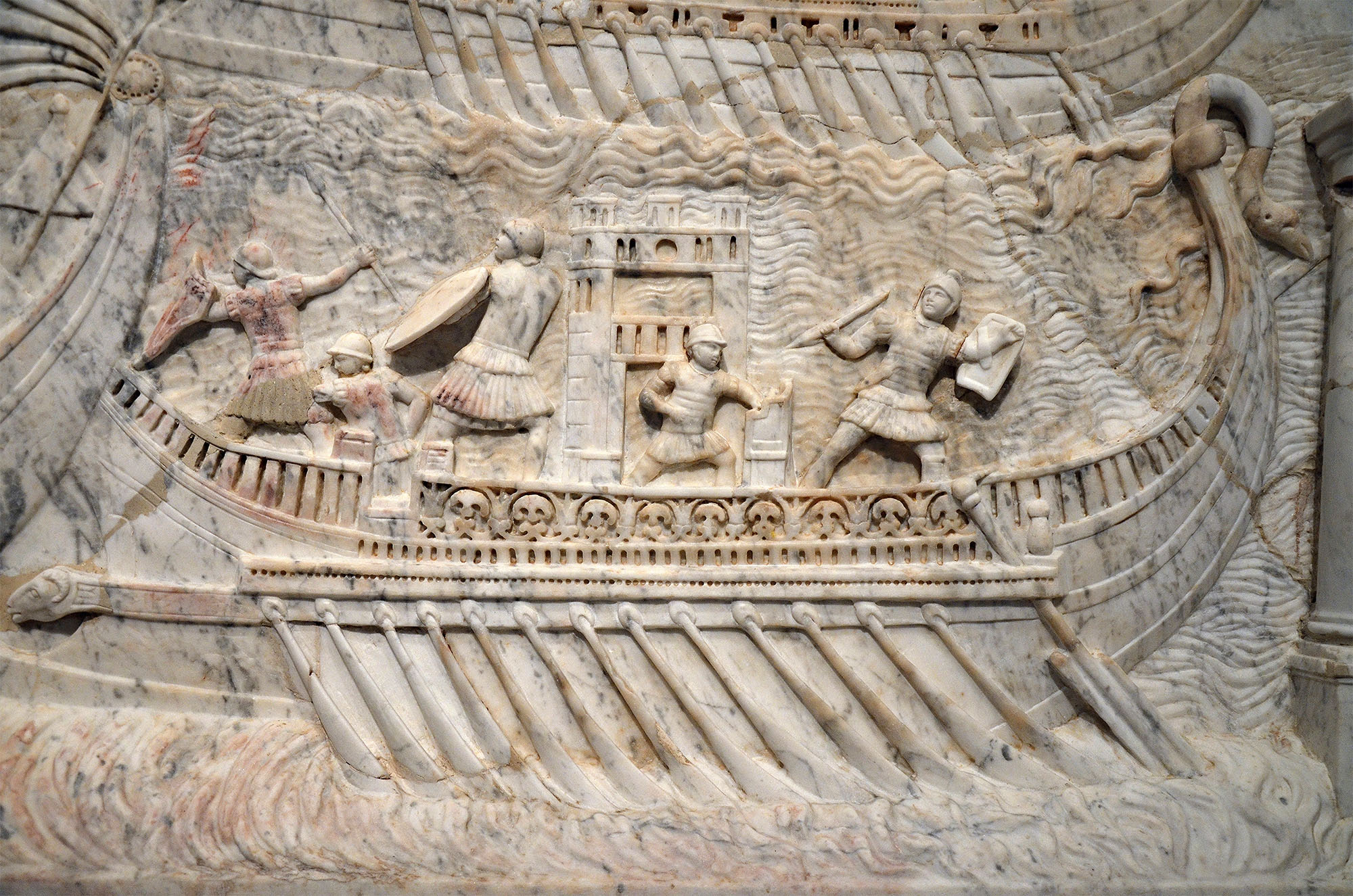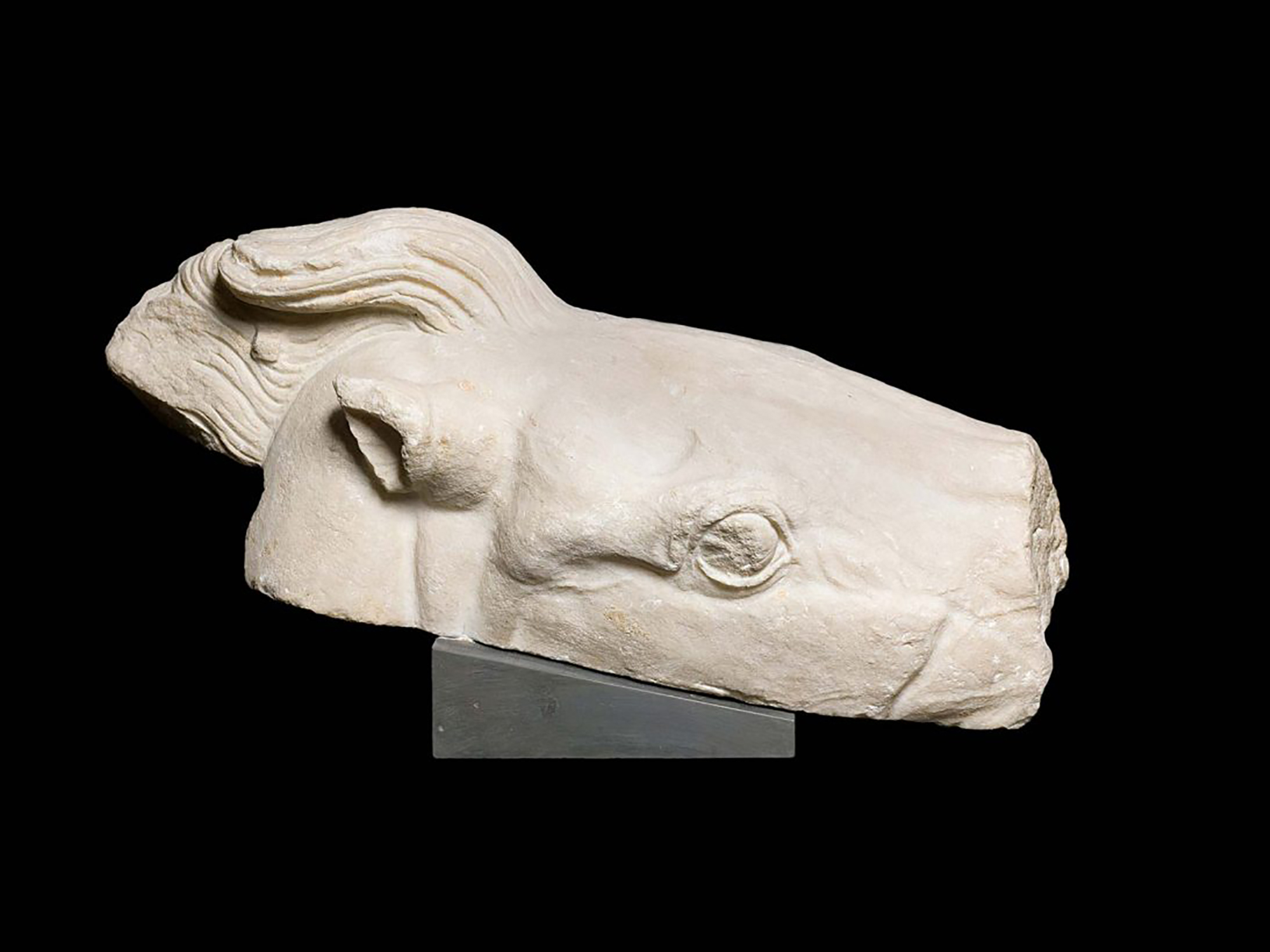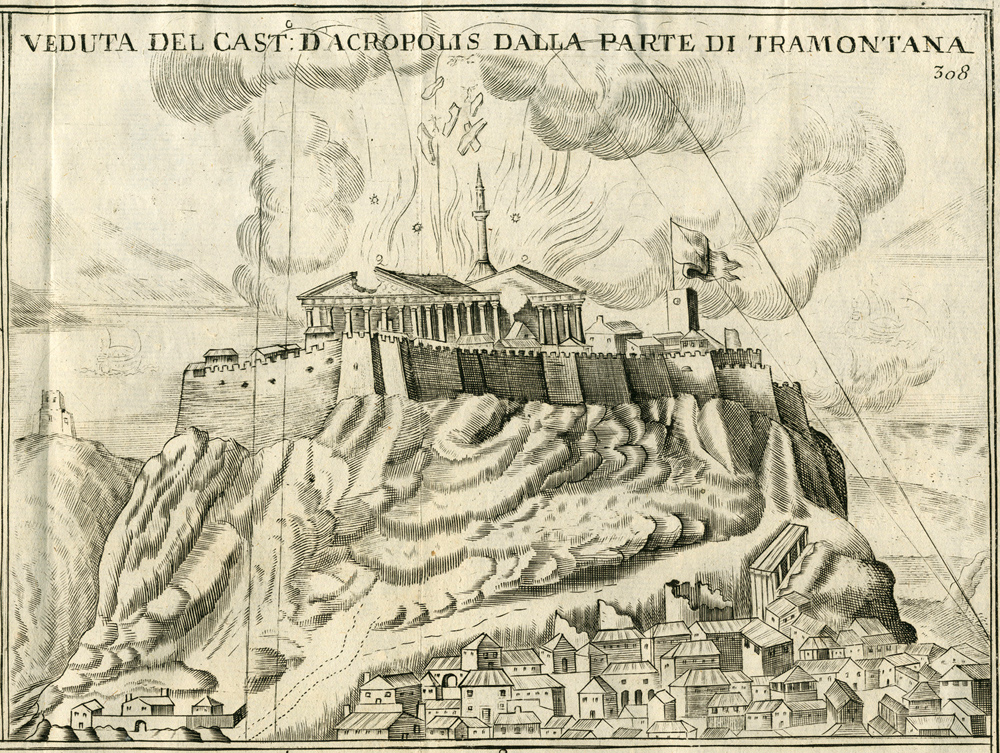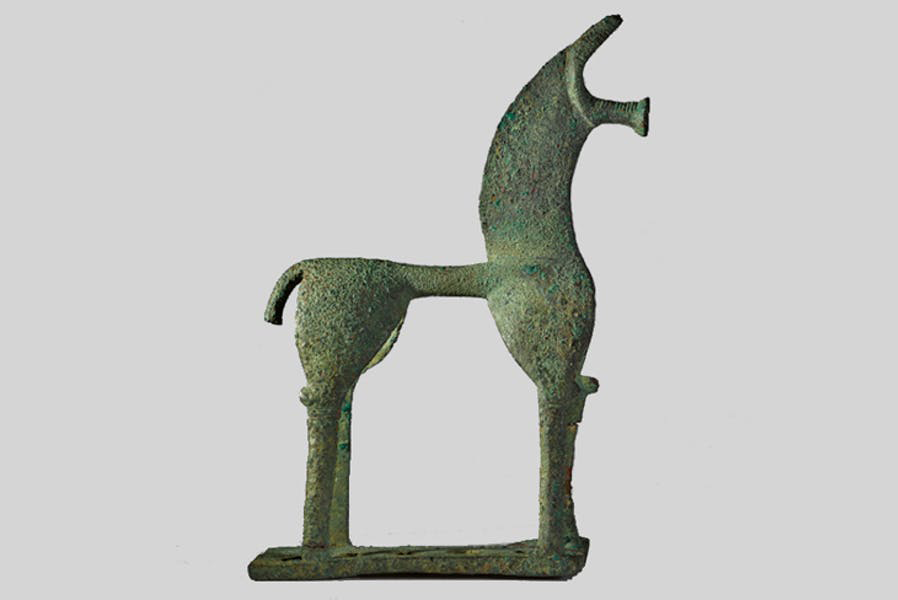Go to ostracism... or petalism.
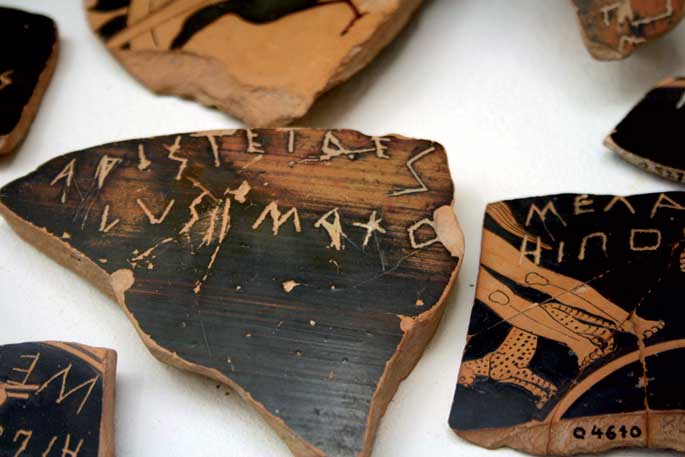
Athens, c. 510. Cleisthenes created the law of ostracism to exile politicians considered dangerous, although its entry into force occurred a few years later, in the year 320 a. 487. This was a preventive measure to avoid possible intrigues and intrigues that could weaken Greek democracy.
The citizens of Athens met every year to decide whether or not a political representative should be expelled from the city. If accepted by an absolute majority, the defendant had ten days to pack and leave Athens. He did not lose his rights as a citizen, except for the right to trample the city, and he was able to return after ten years of exile.
The first condemned was Hiparco, and the last was Hiperbolo, in the 15th century BC. 417. Among them are Megakles V, Jantipo, father of Pericles, and Aristides, among others. Therefore, ostracism did not turn the century either. And it's that what was created to defend democracy became a danger the other way around. They started using them as an easy way to scare out uncomfortable political opponents or simply find the pagans.
The practice did not last, but the concept has reached us. According to the dictionary, the word ostracism means “abandoning unpleasant people.” The word comes from the ancient Greek oyster. The oysters were fragments of shell or ceramic that they used to write. When the jugs broke, the pieces had the good habit of writing notes and data or recycling to practice writing. They also used oysters to write down the names of those who wanted to be expelled from the city.
But the concept could be petalism. In other Greek cities, both inside and outside the peninsula, they wrote the name of the defendant on the leaves of the trees, in Greek petalon. In Syracuse, for example, they used olive leaves. The city of Sicily, where exile had lasted for five years, was not so severe or so severe. Writing in the ostrich was more complicated; archaeological studies have shown that many oysters are written by few hands, such as today, where ballot papers were previously “printed”.
Although it's easier to write on top, the leaves are more perishable, and that's why we haven't gotten any physical trace of petalism. And the same word doesn't have the strength of ostracism. The truth is that sending someone to petalism has an almost positive tone.
Gulf of Ambracia (Ionian Sea). In the 15th century a. 2 September 31. The Romans achieved victory in the naval battle of Accio and ensured control over Egypt. Therefore, the Greek hegemony in the Mediterranean is concluded on that date, but the Hellenic influence has remained so... [+]
Grecia, a.C. Século IV. Varios pensadores gregos, como Aristóteles ou Heraklides, escribiron sobre os etruscos, recollendo unha opinión negativa sobre o pobo que vivía no centro e norte da península italiana. As mulleres etrurianas foron especialmente criticadas e o... [+]
Antzinako Greziako hainbat tenpluen sarreretan, eskailerez gain, arrapalak topatu dituzte.
Atenas, K.a. 448-432. Akropoliaren gailurrean Iktinos, Kalikrates eta Fidias arkitektoek diseinatutako tenplua eraiki zuten, Atena Partenos jainkosari eskainia.











